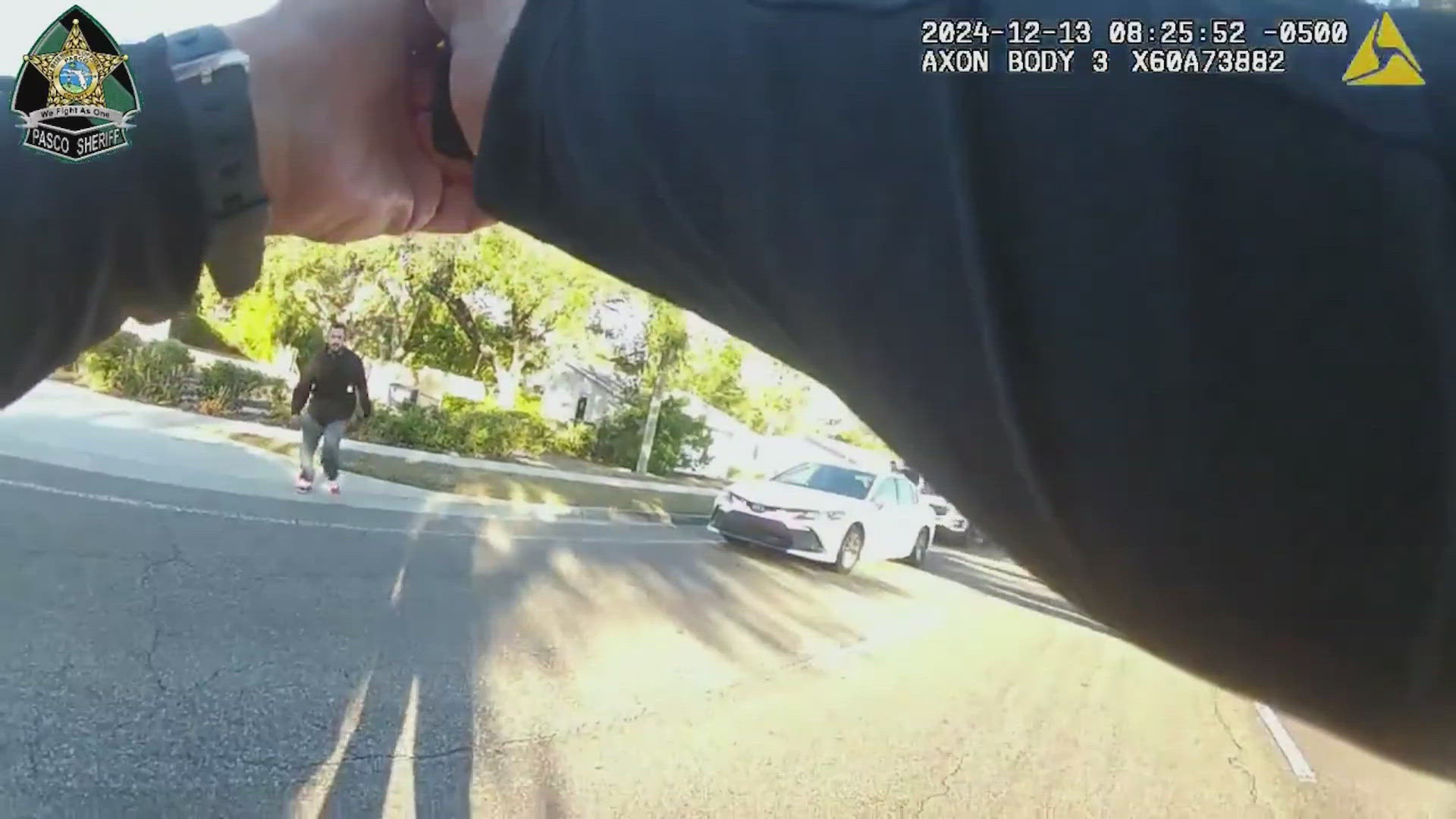PASCO COUNTY, Fla. — The Pasco County School Board approved a new policy Tuesday night related to the use of cell phones by students during the school day.
In a video posted to Twitter, Superintendent Kurt Browning explained new rules when it comes to students using their phones that will be introduced in the coming school year.
"First, I want to emphasize that it is essential that everyone is aware of the changes, understands the new rules and knows what is expected of them," Browning said in the video. "And when I say everyone – that means students, teachers, parents and administrators."
According to the superintendent, a lot of people – including students, teachers and parents – have strong opinions about the topic of cell phones in school.
With everything in mind, the school board was able to come up with proposed policy changes that could solve three main issues, which are:
Safety
Browning explains leaders understand that cell phones and other wireless communication devices can be useful when used properly. Parents have also made it clear they want their students to have their cell phones in school in case of an emergency.
But school leaders argue the same devices are often used by students to post threats, rumors or bullying behavior on social media.
"We have got to get this behavior under control," the superintendent said.
Mental health
According to Browning, there's a growing body of research that shows constant screen time and exposure to social media have an "adverse effect on mental health" – especially in teens or children.
Many parents reportedly said their students appear to be addicted to social media.
"We can't control what students do on their own time, but we need to ensure that school is a much-needed break from screen time and social media," Browning explained.
Loss of instructional time
When students are looking at their cell phones, scrolling through social media and sending texts – they're not engaged in school work, the superintendent explained.
"We're determined to make the most of instructional time in our schools," Browning said. "We owe it to our students, our parents and our teachers to devote as much time as we can to moving students forward academically and to accomplish that goal, we have to protect instructional time."
So how can these three issues be addressed in a way that is fair to everyone? Browning says new rules coming to schools help while also being fair.
After receiving input from students, parents, teachers and administrators, school board members sat down to propose some changes to the policy. And what was proposed is slightly different in early grades than it is in higher grades.
In short, Browning explains the rule will provide greater flexibility and responsibility in the higher grades while also providing flexibility for teachers to have their students use wireless devices when it's appropriate.
Here's a breakdown by grade level:
Early grades (Pre-K to 5th grade)
Students who bring wireless devices to school have to put their devices in silent mode and out of view for the entire school day.
"Put it away in your backpack, out of sight in your desk or if your teacher provides a cell phone storage area – store it in there until the end of the day," Browning said.
Middle grades (6th to 8th grade)
Students must put their devices in silent mode and out of view for the entire school day except during lunch period and during a time authorized by the classroom teacher for a specific instructional activity.
Higher grades (9th to 12th grade)
Students must put their devices in silent mode and out of view for the entire school day except for during lunch period, in between classes and during a time authorized by the classroom teacher for a specific instructional activity.
These rules also apply to extracurricular activities and cocurricular activities that happen before or after the school day, the superintendent explains.
"If you're at band practice or football practice, you don't need to be on your cell phone," he said. "Of course, we will work with families to make accommodations for students with disabilities or specific needs
Browning explained the school board will continue to communicate the new policy and the new expectations as the new school year approaches.
This revision goes into effect at the beginning of the 2023-24 school year.
"We believe these rules take into account the needs of parents who want to know their students can call or text them in an emergency and we believe it meets the needs of teachers who are frustrated with students who are constantly distracted and provides teachers with a flexibility to authorize the use of cell phones when appropriate," Browning said. "We believe this policy is fair to students and will create an environment that is more conducive to focusing on what we're here for and that is teaching and learning."



